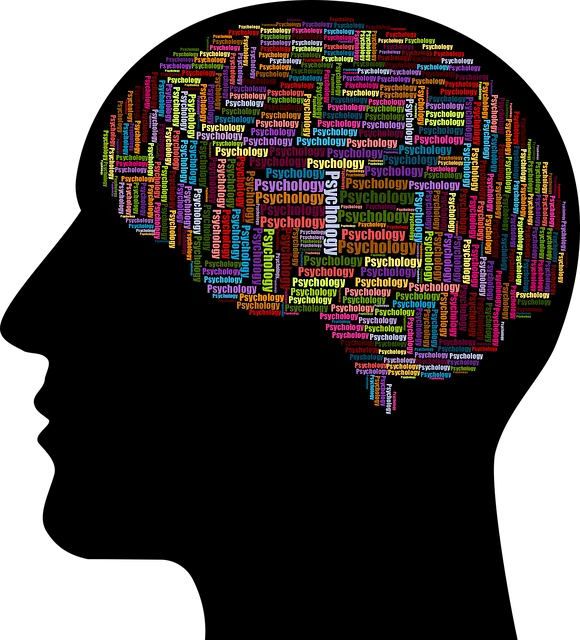In Lone Tree, mental illness stigma hinders access to care but Kaiser's holistic approach offers hope. They provide accessible mental health services, including traditional talk therapy and innovative practices, coupled with culturally sensitive approaches and inclusive environments. Through community engagement, education, and empowerment programs, Kaiser helps reduce stigma and normalizes conversations about mental health. Their coverage makes therapy more attainable for residents seeking support, especially in areas where mental healthcare initiatives are progressing.
Mental illness stigma remains a significant barrier to access and treatment. This article explores three key areas of effort in stigma reduction: understanding its profound impact on mental healthcare, examining Kaiser’s role through coverage and support services at Lone Tree, and investigating community engagement and education strategies for long-term change. By addressing these aspects, we aim to foster an environment where those facing mental health challenges can seek help without fear of judgment.
- Understanding Stigma and Its Impact on Mental Health Care Access
- Kaiser's Role in Reducing Stigma: Coverage and Support Services
- Community Engagement and Education: Strategies for Long-Term Change
Understanding Stigma and Its Impact on Mental Health Care Access

Stigma surrounding mental illness is a significant barrier to individuals seeking necessary care and support. It often manifests as negative attitudes, stereotypes, and discrimination, creating an environment where those struggling with their mental health may feel ashamed, isolated, or afraid to reach out for help. This can have profound effects on access to mental health services. Many individuals might avoid professional therapy or support groups due to fear of judgment from others, including employers or community members.
In the case of a lone tree resident considering Kaiser’s mental health therapy services, understanding stigma and its impact is crucial. Awareness campaigns that promote mental wellness and stress reduction methods can help dispel myths and foster an atmosphere of acceptance and care. Kaiser, with its commitment to holistic healthcare, plays a vital role in providing accessible resources for those seeking to boost their confidence and navigate the challenges of mental health issues, ensuring that residents like those in lone tree have a supportive network and better access to much-needed therapy.
Kaiser's Role in Reducing Stigma: Coverage and Support Services

Kaiser, a renowned healthcare provider, plays a pivotal role in mental illness stigma reduction through its comprehensive coverage and support services. Lone Tree residents benefit from accessible mental health therapy options, ensuring they receive the care they need without the barriers often associated with mental illness. This includes not just traditional talk therapy but also innovative practices that promote emotional well-being.
The organization’s commitment to reducing stigma extends to culturally sensitive approaches in mental healthcare practice. By recognizing the diverse needs of its community, Kaiser incorporates techniques that resonate with different cultural backgrounds, fostering a safe and inclusive environment. These efforts are crucial in encouraging open conversations about mental health and enabling individuals to seek support without fear of judgment.
Community Engagement and Education: Strategies for Long-Term Change

In the ongoing battle against mental illness stigma, community engagement and education stand as powerful tools for long-term transformation. By fostering open dialogues and raising awareness within local communities, we can dispel myths and promote understanding. Educational initiatives targeting schools, workplaces, and community centers can help normalize conversations about mental health, especially when focusing on early intervention strategies like Depression Prevention programs. These efforts ensure that individuals facing challenges receive support without fear of judgment or ostracization.
Furthermore, integrating Cultural Sensitivity in Mental Healthcare Practice is vital to achieving inclusive progress. Recognizing and respecting diverse cultural beliefs and practices can enhance access to care and improve patient outcomes. Community engagement also encourages the development of confidence-boosting programs that empower individuals to advocate for their mental well-being. Through collaborative actions, communities can create a more supportive environment where everyone feels valued and equipped to navigate life’s challenges together.
Mental illness stigma, a significant barrier to care, can be reduced through comprehensive strategies. Understanding its profound impact on access to mental healthcare is crucial. Kaiser’s coverage and support services play a vital role in this process, while community engagement and education are essential for long-term, sustainable change. In terms of Lone Tree, Kaiser offers mental health therapy, making accessible resources available to those seeking support. Ultimately, by combining efforts at the individual, institutional, and community levels, we can foster an environment that prioritizes mental well-being without stigma.






